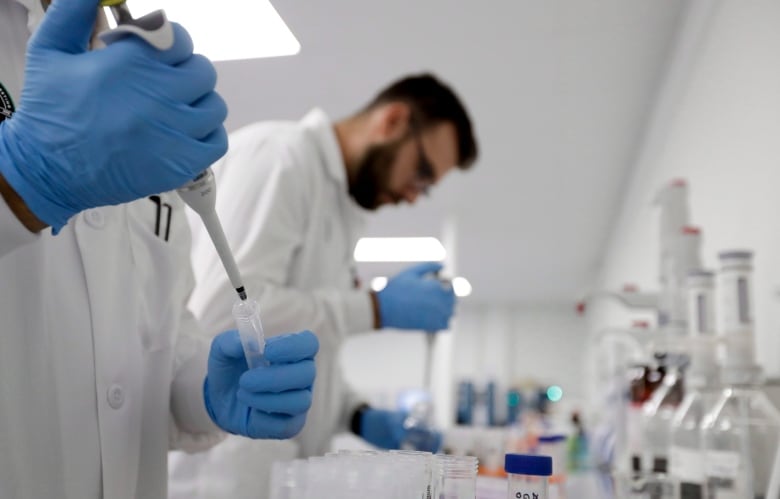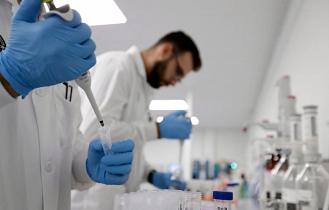Investors Rush To Patent Genetically Modified Cannabis Molecules
Genetic engineering would allow companies to patent genes synthesized from cannabis, potentially unlocking billions of dollars in new investment and creating jobs, sayscannabis producers, biotech firms and drug companies, along with the law firms who represent them.
The report, which is on CBC News, says the cannabis industry is about to undergo a dramatic acceleration in innovation.
"Patenting a gene technically isn't any different from patenting anything else," said Erica Lowthers, a partner at Aird and McBurney, a Toronto law firm that advises cannabis companies. The process "encourages innovation" and investment by protecting intellectual property with a 20-year monopoly for new creations, she added.
However, critics are worried about the possible negative effects of this genetic material obtained from cannabis. Critics also worry that patents on cannabis genes would allow a small group of private companies to control the building blocks of life itself.
"Companies are using genetic sequences taken from natural cannabis strains, altering them and building a product that will eventually disrupt natural markets in cannabis," said Jim Thomas, a spokesperson for Val-David, Que.-based technology watchdog the ETC Group, quoted on CBC News.
"Growers, farmers, breeders will become less and less relevant if these biotech companies take over the market," he said. He called the patenting "biopiracy" because it allowed corporations to privatize material from a crop cultivated by small farmers for generations.
Hyasynth Biologicals laboratory in Montreal is one of the modern genetic engineering firms in Canada and the U.S., their scientists are working on this cutting edgedevelopment in the cannabis business. Hyasynth Bio signed a $10 million deal, with licensed cannabis producer Organigram last month for the large-scale production of cannabinoids, and it has two international patents pending.
The scientists at Hyasynth Biologicals laboratory genetically modify fermented yeast to make copies of the DNA strands found in cannabis. The yeast serves as a small factory to produce cannabinoids in the lab.Scientists are trying to make the genetic material created from the yeast to exhibit specific properties.
The researchers would slice and dice molecules found in cannabis plants, with hopes of creating new recreational products and medicines to treat pain, cancers, insomnia, epilepsy and a host of other health problems. Cannabis contains about 90 different chemicals most of which have barely been studied.
“Our strains of yeast have been specially designed to produce cannabinoids all on their own. There are no special chemicals or precursors that need to be added, just what the yeast needs to grow. Since we aren’t growing plants, there is no chance of any pesticide, contaminant or heavy metal getting into the product.” The company says, on its official webpage.
As for concerns of "biopiracy," brought up by critics, Hans Parmar a spokesperson for Innovation, Science and Economic Development Canada, has said that, even though higher life forms, including cannabis plants themselves, cannot be patented in Canada, patent protection is, however, available for "genetically modified cannabis plant cells" and "novel isolated genes that produce cannabis active ingredients."
Comments
There are 0 comments on this post













